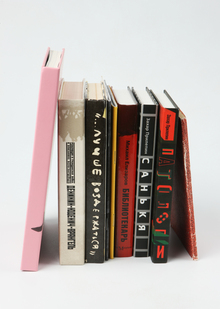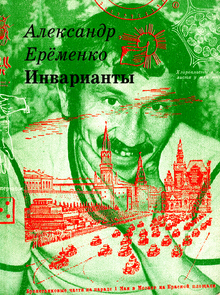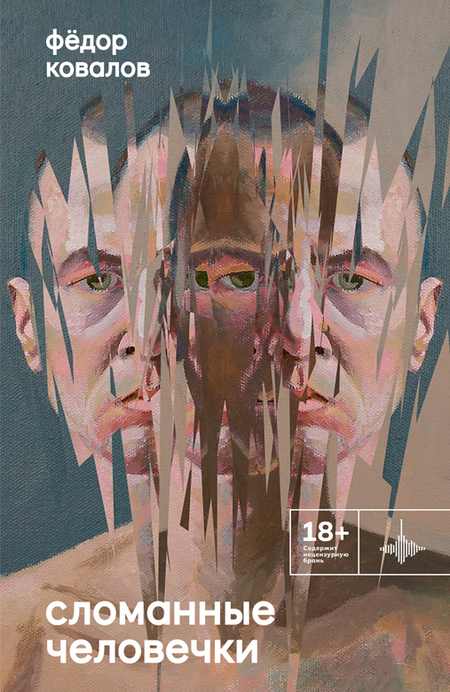
Fyodor Kovalev, Broken Men.
Fyodor Kovalev «Broken People» Pictures by Designer Design and Covers, Tatiana Perminov’s page ISBN 978-5-907762-94-7 272 pages
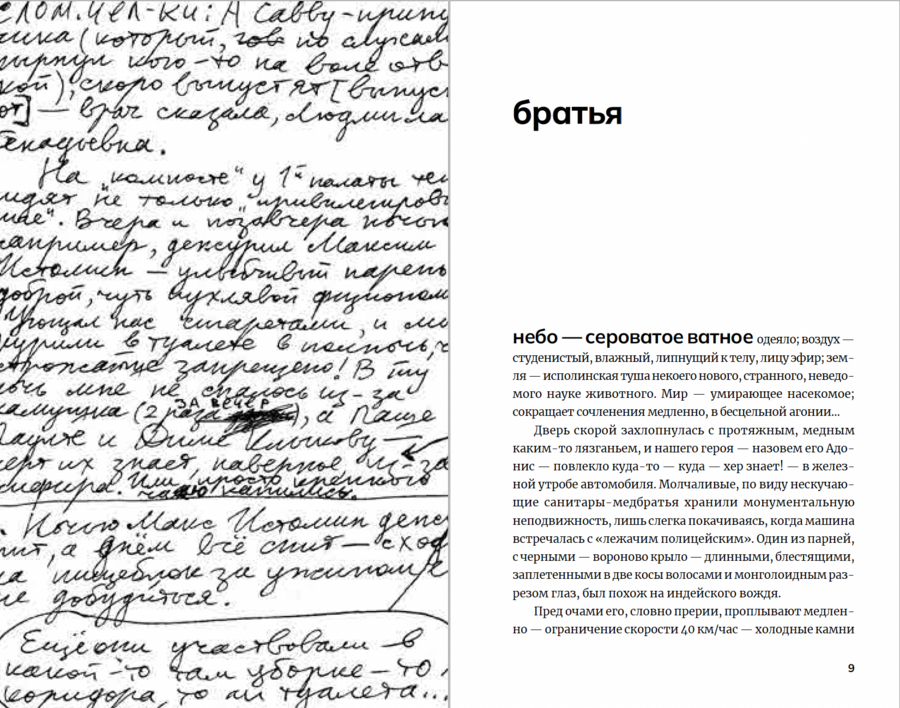
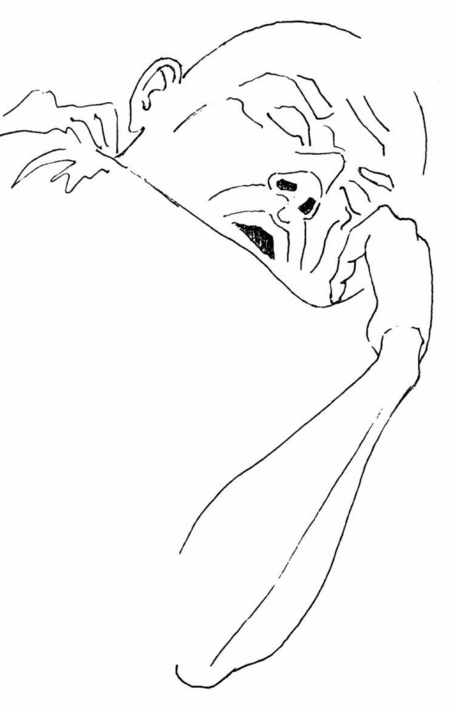
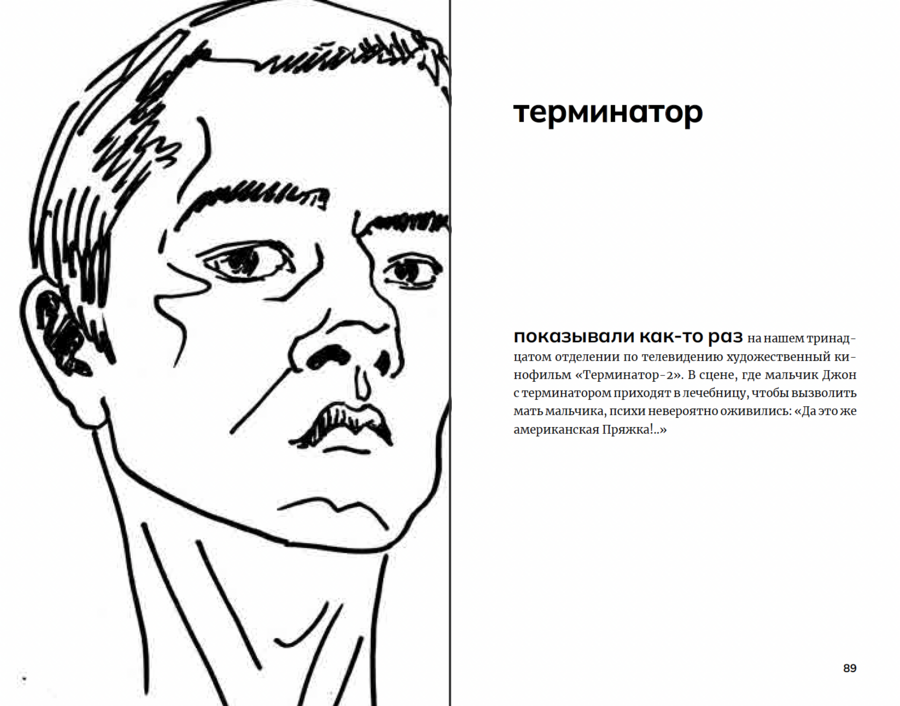
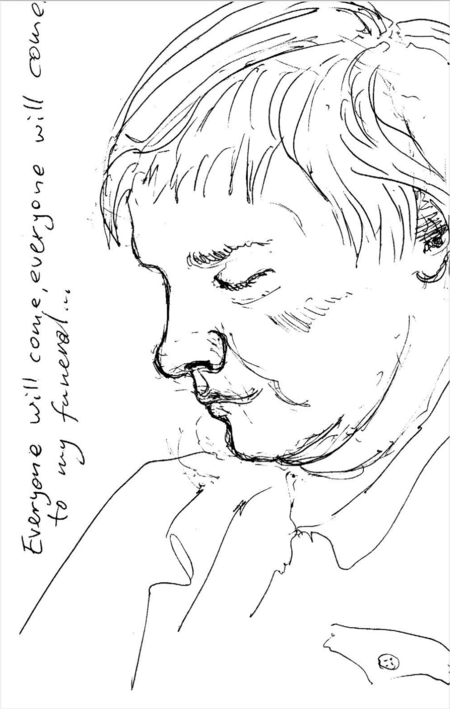
The book is structured into small chapters, each containing descriptions of the hospital, patient time, doctors and staff, and the author’s account of psychiatry and the lives of individual patients. The author is guided by Eduard Limonov’s «Diary of Loser». The «Broken Men» style is quite free, lyric, then rigid, sneaking quote and conversational, as well as medical and jargon language. The author’s sketches and sketches were an illustrative material for Broken People. As Fedor Kovalov admits, not all of them were carried out within the hospital. Many are created in the process of dissecting drafts, as a set of fragmented pieces of manuscript on a computer. Kovalov’s drawings represent the characters of the book, the patients of the mental hospital. In the line of characters here and there are autoportraes — a sort of copyright and art reflex about their own experience of treatment, state change, and mood change. The main drawing technique — balloon or gel pens and pencils — is the fact that written supplies are not allowed in the walls of the hospital.
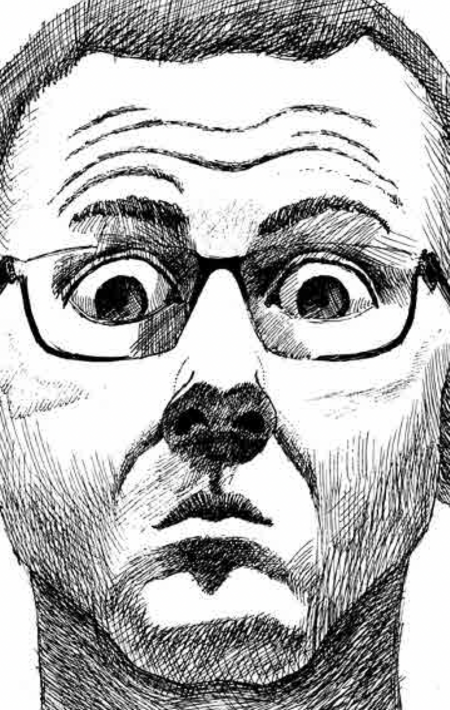
Initially, the author intended to process the drawings in the graphics editor, «clean» them, but later decided to leave them in their original form in order to preserve greater life and to preserve the roughness and authenticity of the drafts. Opening and closing the book with pieces of handwritten drafts, crossed and corrected, contour sketches and portraits give the entire book a special nerve — we are dealing with stories that are recorded at the hand of the participant and witness the treatment of the mental hospital. The graphics series causes the book to work with double power: «Broken Humans» is found simultaneously by the reader of the artwork and by those who have a page behind the page that leaves a diary of the disease. Asking questions about the design of peace, the justice of the world order and the humanity of modern social institutions, the storyteller approaches the underground heroes of Dostoevsky, who return to God a «batch to the kingdom of Heaven,» and at the same time not in Nishchean, but in the humanist register becomes a contemporary record of sad (although sometimes comic) and simple stories of «broken men».
